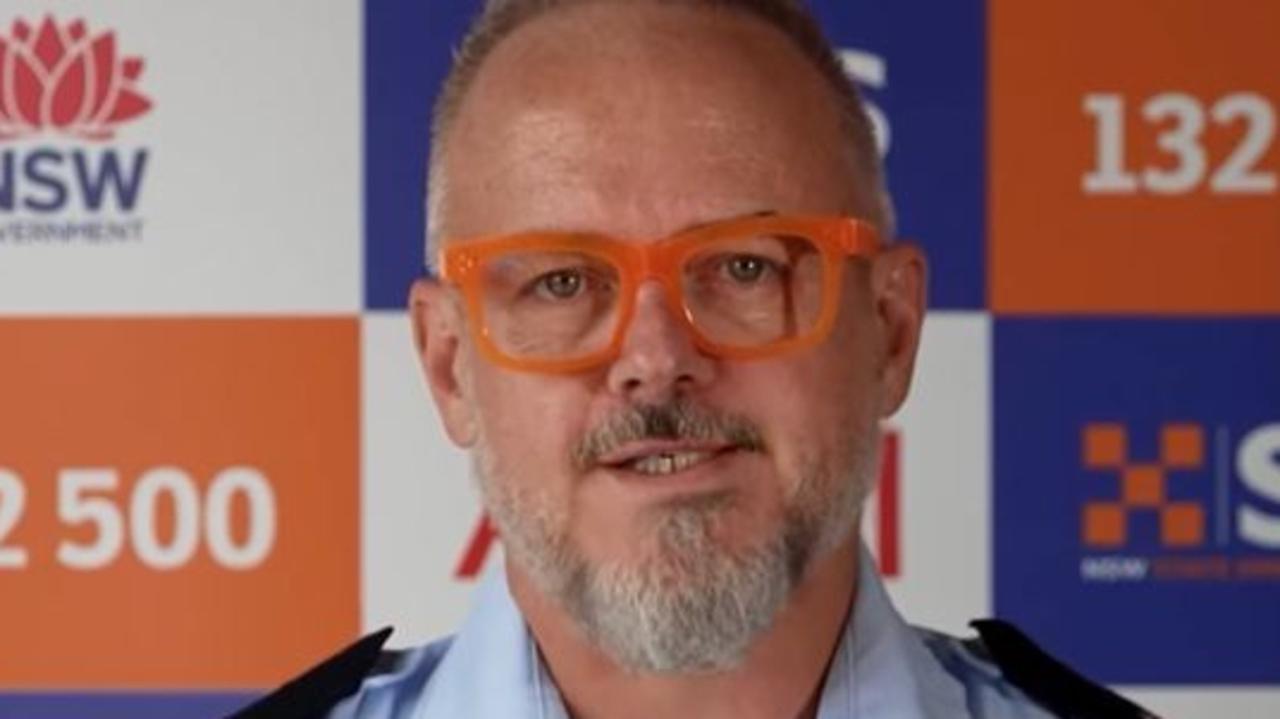Inflation increase ‘unlikely to trigger RBA intervention’
Mortgage holders can breathe a sigh of relief, after inflation accelerated for the first time in 18 months to 3.8 per cent in the year to June, but not by enough to force the Reserve Bank to hike again next week.

Mortgage holders can breathe a sigh of relief after inflation accelerated for the first time in 18 months but not by enough to force the Reserve Bank to hike again next week, markets say.
As underlying price pressures proved more benign in the three months to June than had been feared, financial markets quickly moved to erase any chance of a 14th interest rate rise on Tuesday, with the next move now seen as a cut by February.
The encouraging news for borrowers, however, will be cold comfort to households around the nation after consumer price growth lifted to 3.8 per cent in the year to June, from 3.6 per cent. Soaring rents, petrol prices, building costs, and fruit and vegetable prices highlighted how there was little relief in sight to the intense cost-of-living pressures that have devastated family budgets.
As the ACTU pounced on a weaker than expected underlying inflation in the three months to June to demand the RBA rule out any future rate hikes, Jim Chalmers said he recognised that price growth was still too high, but emphasised the broad downward trend since the peak of 7.8 per cent in late 2022.
“We have made some substantial progress. We’d like to make more progress. We need inflation to moderate further and faster,” the Treasurer said.
“We also know from experience around the world that inflation rarely moderates in a straight line. We see it zig and zag in other economies, and we’ve seen some element of that in the headline figure today.
The highly anticipated quarterly figures from the Australian Bureau of Statistics showed consumer prices grew by 1 per cent in the three months to June, matching the 1 per cent consensus forecast among economists.
In a more positive sign, however, the RBA’s preferred measure of underlying inflation – which removes more volatile price movements – dropped to 3.9 in the year to June, from 4 per cent in March.
Over the three months, the trimmed mean consumer price measure climbed by 0.8 per cent, and was well below the 1.1 per cent rate that analysts had speculated would force the RBA board’s hand at next week’s meeting.
As a result, economists who had been predicting a 14th rate rise have virtually ruled it out.
Westpac chief economist Luci Ellis said the latest figures cemented her view that the RBA would be able to offer mortgage relief at the November meeting.
“This confirms that the RBA will not need to hike rates again,” Dr Ellis said.
Rapidly rising rents and building costs were the key driver of the acceleration in overall consumer prices, the ABS said, alongside the largest quarterly jump in fruit and vegetable costs since 2016, as bad weather hit growers in the quarter and limited supply to consumers.
There was further bad news for households as electricity bills climbed by 6 per cent in the 12 months, well up from 2 per cent in March as government power rebates continued to roll off.
Still, without those subsidies, electricity prices would have increased by 15 per cent, the ABS said.
The pain at the pump was on display as petrol prices climbed by 7.7 per cent in the year to June, from 5.2 per cent three months earlier.
With a chronic lack of available homes, rents were 7.3 per cent higher in the year to June, albeit down from 7.8 per cent in March, while the annual increase in building costs was roughly steady at 5.1 per cent.
In Perth, where a hot property market is driving home values rapidly higher, rents jumped by a nation-leading 10 per cent in the year to June, while building costs surged by 18 per cent and underlined the challenges facing the construction industry.
The latest inflation report comes as separate figures showed Australians continue to spend more but buy less, as retail spending growth in the three months to June lagged price rises.
Retail sales in dollar terms grew by 0.5 per cent in the June quarter, according to the ABS, as end-of-year sales boosted spending on household items and clothes.
But sales volumes, accounting for price rises, fell by 0.3 per cent, the seasonally adjusted figures showed, and for the sixth time in the past seven quarters. Adjusting for population growth, the picture was even more grim: down by 0.9 per cent (the eighth straight quarterly drop), and 3 per cent lower on a year earlier, the ABS said.
Economists believe headline inflation will drop sharply over the second half of this year as billions of dollars in state and federal electricity rebates lower power bills.
The RBA, however, has said it will look through artificially lower prices when assessing whether it needs to do more to flatten demand in order to reach its inflation target.






To join the conversation, please log in. Don't have an account? Register
Join the conversation, you are commenting as Logout